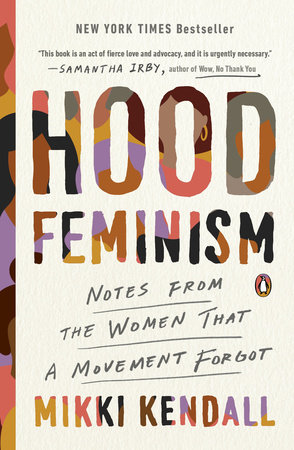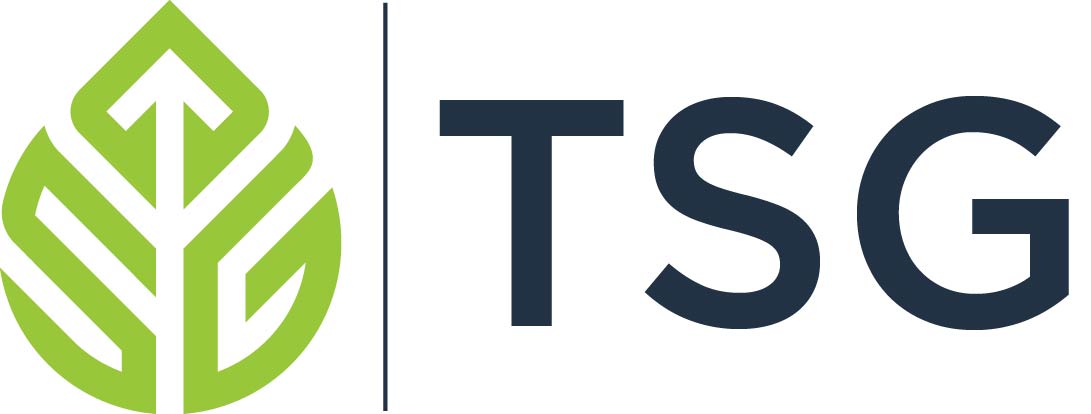
Author: Mikki Kendall
Topics: Feminism, African American Women Social Conditions, USA Race Relations, Inequality
Summary
A fierce call to grow beyond “peak white feminism and into actual feminism” Mikki Kendall’s book Hood Feminism addresses how less time needs to be spent “demanding validation”, calling attention to what makes you a good feminist and what you’re already doing for women, when there are resources severly lacking for marganalized women within the movement. Because as Kendall says, “sometimes being a good ally is about opening the door for someone instead of insisting your voice is the only one that matters.” (pg. 14) Structured through sharp, honest personal history, in depth research, and cultural references, Hood Feminism encourages us to face the problem of inequality in feminism head on, and offers incredibly insightful solutions along the way.
Hood Feminism explores the health of the feminist community as a whole, while offering ways to show support for its most marginalized members. It delves into a breadth of topics often overlooked in mainstream feminism, because Kendall believes “everything that affects woman is a feminist issue,” such as gun violence, the “missing and murdered”, colorism, eating disorders, toxic masculinity, and the fear of the patriarchy. In some more familiar instances, like hunger and lack of housing, there are programs in place (such as WIC meaning “Women Infant Children”, SNAP or “Strength Needs Abilities Preferences”, and TANF the “Temporary Assistance for Needy Families”), that need our nurturing and growth so they can continue to assist the marginalized populations (e.g., women of color, LGBTQIA community members, etc.).
In the more overlooked topics there is a striking need for educational programs such as “violence diversion programs” to be put into place, and for much of the education on these topics to begin in school systems. There is also a need for victim support to exist in greater capacity, and for healthcare and mental health support to be accessible to all. Within all of these feminist categories it’s important for white women to look at how they’ve let fear of the patriarchy and toxic masculinity affect their ability to assist in the growth of these resources. Because as Kendall says, “feminism is the work that you do, and the people you do it for who matter more then anything else.”
You’ll Love This Book If:
You’re willing to embrace an opportunity to do the hard work to become a more inclusive feminist.
Trigger Warning: This book might not be for you if you are uncomfortable reading about gun violence, domestic abuse, or miscarriages and abortion.
